People
Faculty

Ryan J. Gallagher
Ryan J. Gallagher is a PhD student at Northeastern University. At the Network Science Institute, he researches the dynamics of social networks using tools and theory from natural language processing and communications. He currently studies the affective phenomena of networked counterpublics. Ryan holds an MS in mathematics from the University of Vermont, where he worked with the Computational Story Lab at the Vermont Complex Systems Center, and a BA in math from the University of Connecticut.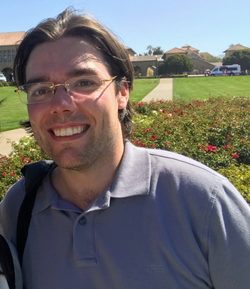
David Hagmann
David is a Fellow at the Kennedy School of Government at Harvard University. He received his PhD from the Department of Social and Decision Sciences at Carnegie Mellon University. His research looks at the desire to avoid information that may be painful to learn yet improve decision-making, persuasion on politically charged topics, and behavioral policy interventions (nudges).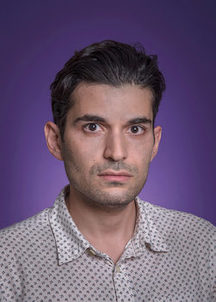
Eaman Jahani
Eaman Jahani is a graduate research assistant pursuing a PhD degree in Social and Engineering Systems with a minor in Statistics at MIT IDSS. Prior to MIT, he was a software engineer at Google for 4 years. His main training is in statistics and computer science, but recently he has been appreciating econometrics and modeling in applied economics. His past research examined the extent of bubbles vs truth-seeking in cryptocurrency markets and socio-economic prediction in social networks. His current research focuses on structural factors such as networks or institutions that regenerate inequality at a micro scale. Eaman spends too much time reading political commentaries.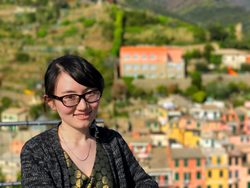
Yan Leng
Yan is currently pursuing a Ph.D. at Human Dynamics group at MIT. She received dual masters in Computer Science and Transportation Engineering from MIT in 2016. Yan is interested in using a broad range of computational techniques to understand the network effect of social influence. In particular, she works on the inference, identification, and modeling of social influence and social learning with large-scale behavioral data in a networked environment. Besides, she also works on the combining network structure and personal attributes in maximizing cascading payoff.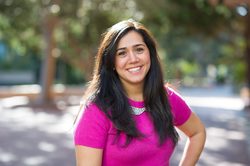
Sanaz Mobasseri
Sanaz Mobasseri is an Assistant Professor of Organizational Behavior at Boston University’s Questrom School of Business. She received her PhD from the Management of Organizations Department at UC Berkeley's Haas School of Business. Her research examines the role of emotion, cognition, and culture in shaping social networks and labor market outcomes. Much of her work is situated in organizational settings, where she examine the microfoundations of workplace inequality. Although grounded in sociology and organizational theory, her work integrates theoretical insights from social psychology and sociolinguistics. Her research methods are similarly diverse, ranging from experimental studies in the lab to audit studies in the field to computational approaches applied to large archival data sets.Speakers
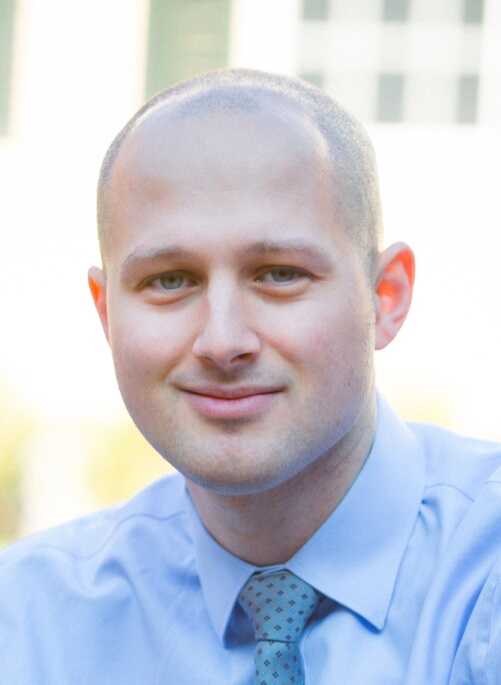
Andrey Fradkin
I am an economist who studies digitization and search and matching markets. I've written papers on topics such as the design of Airbnb’s search and matching algorithm, reputation systems, online job search, and 401(k) contribution choices by workers. I am currently an assistant professor of marketing at the Boston University Questrom School of Business. My research has been published in both economics journals (American Economic Review, The Review of Economics and Statistics) and computer science conferences (ACM-EC). I've provided expert input about the digital economy at the President’s Council on Science and Technology and the Federal Trade Commission. Prior to BU, I was a postdoc at the Initiative on the Digital Economy at MIT. I worked as a data scientist at Airbnb while completing a Ph.D. in Economics at Stanford University. In my free time, I climb, write, and make a podcast.
Moshe Hoffman
Moshe Hoffman is a Research Scientist at the MIT Media Lab Human Dynamics Group and Lecturer at Harvard's Department of Economics. Moshe applies game theory, models of learning and evolution, and experimental methods, to try to decipher the (often subconscious) motives that shape our social behavior, preferences, and ideologies. Together with Erez Yoeli, he co-designed and teaches 'Game Theory and Social Behavior' which lays out this approach. Moshe obtained his Ph.D. in Economics from the University of Chicago, Booth School of Business and his B.S. in Economics from the University of Chicago.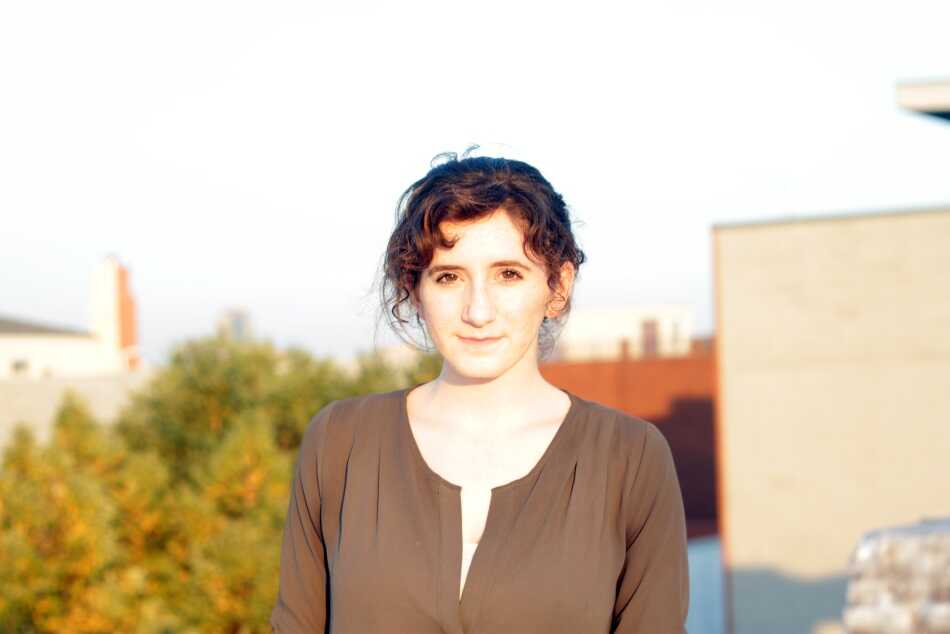
Abigail Z. Jacobs
Abigail Jacobs is an incoming Assistant Professor at the University of Michigan in the School of Information and in Complex Systems. Previously, she was a postdoc at the Haas School of Business at UC Berkeley, where she was also a member of the Algorithmic Fairness and Opacity Working Group. She holds a PhD in Computer Science from the University of Colorado Boulder, during which she spent several years at Microsoft Research NYC and received funding from the NSF Graduate Research Fellowship. She received a BA in Mathematical Methods in the Social Sciences and Mathematics from Northwestern University.
In Song Kim
In Song Kim is an Associate Professor of Political Science. He holds a Ph.D. in Politics from Princeton University, where he received a Harold W. Dodds Fellowship for 2012-2013. His dissertation research on the effects of firms’ lobbying on trade policy-making received the 2015 Mancur Olson Award for the Best Dissertation in Political Economy. Professor Kim works at the intersection of statistical machine learning and political science. His research explores trade policies of various countries in the world on highly specific products, and political activities of firms that produce and trade goods internationally. He is also interested in developing statistical methods for causal inference with panel data, and text analysis for analyzing political documents.
Mohsen Mosleh
I am a research scientist at MIT Sloan School of Management. My work lies at the intersection of computational and social sciences. My interest includes misinformation, social media, social networks, and cooperation. In particular, I study how our cognition relates to our behavior on online social media. I use theoretical models based on (evolutionary) Game Theory, Network Science, and empirical (data-driven) models based on Machine Learning, Natural Language Processing, and Online Experiments. Prior to joining MIT, I was a postdoctoral researcher at Department of Psychology at Yale. I received my PhD in Engineering with a minor in Business Intelligence and Analytics, my Masters in Management, and my undergraduate in Engineering. I also worked as a Systems and Software Integration Lead for five years prior to starting my PhD.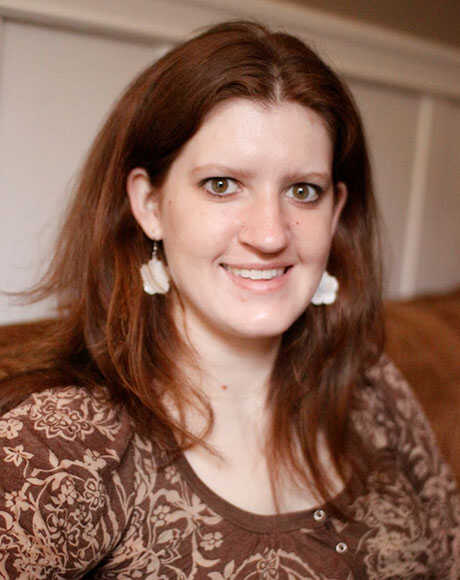
Laura K. Nelson
Laura K. Nelson is a sociologist who uses computational methods to study social movements, culture, gender, institutions, and the history of feminism. Using computer-assisted texts analysis and network analysis, her dissertation examined the political logics underlying women’s movements in New York City and Chicago from 1865-1975. She is interested in further developing automated text analysis methods and best-practices for sociology and digital humanities. She received her Ph.D. in sociology from the University of California, Berkeley. In 2014-2016 she was a postdoc in Management and Organizations in the Kellogg School of Management at Northwestern University, and is on leave this year as a fellow for Digital Humanities @ Berkeley and the Berkeley Institute for Data Science at the University of California, Berkeley.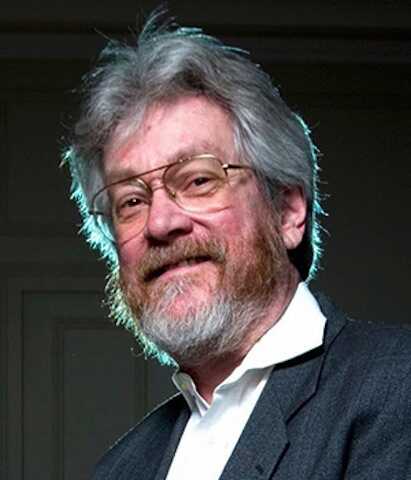
Alex 'Sandy' Pentland
Professor Alex 'Sandy' Pentland directs the MIT Connection Science and Human Dynamics labs and previously helped create and direct the MIT Media Lab and the Media Lab Asia in India. He is one of the most-cited scientists in the world, and Forbes recently declared him one of the '7 most powerful data scientists in the world' along with Google founders and the Chief Technical Officer of the United States. He co-led the World Economic Forum discussion in Davos that led to the EU privacy regulation GDPR, and was central in forging the transparency and accountability mechanisms in the UN's Sustainable Development Goals. He has received numerous awards and prizes such as the McKinsey Award from Harvard Business Review, the 40th Anniversary of the Internet from DARPA, and the Brandeis Award for work in privacy. He is a founding member of advisory boards for Google, AT&T, Nissan, and the UN Secretary General, a serial entrepreneur who has co-founded more than a dozen companies including social enterprises such as the Data Transparency Lab and the Harvard-ODI-MIT DataPop Alliance. He is a member of the U.S. National Academy of Engineering and leader within the World Economic Forum."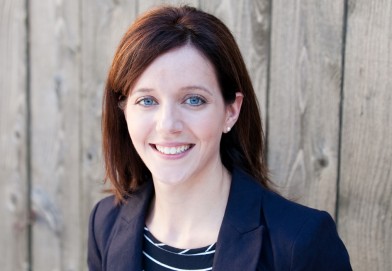
Brooke Foucault Welles
Brooke Foucault Welles is an Associate Professor in the department of Communication Studies and core faculty of the Network Science Institute at Northeastern University. Combining the methods of network science with theories from the social sciences, Foucault Welles studies how online communication networks enable and constrain behavior, with particular emphasis on how these networks facilitate the pursuit of individual, team, and collective goals. Much of her work is interdisciplinary and collaborative, with co-authors from computer science, political science, digital humanities, design, and public health. Her recent contributions include a series of studies of the transformative power of networked counterpublics, techniques for the longitudinal analysis of communication networks using event-based network analysis, and guidelines for the effective use of network visualizations in scientific and lay publications. Her work is funded by grants from the US Army Research Office and US Army Research Lab, and has been featured in leading social science journals such as the Journal of Communication, Information, Communication and Society, and The Annals of the American Academy of Political and Social Science. She serves on the editorial board of the journal Web Science and was part of the team that developed the Network Literacy Essential Concepts and Core Ideas.
Jinhua Zhao
Jinhua Zhao is the Edward and Joyce Linde Associate Professor of City and Transportation Planning at the Massachusetts Institute of Technology (MIT). Prof. Zhao brings behavioral science and transportation technology together to shape travel behavior, design mobility system and reform urban policies. He develops methods to sense, predict, nudge and regulate travel behavior; designs multimodal mobility system that integrates autonomous vehicles, shared mobility and public transport; and reform urban policies to govern the new technologies and business models. Prof. Zhao sees transportation as a language to describe a person, to characterize a city, and to understand an institution. Prof. Zhao leads long-term research collaborations with major transportation authorities and operators worldwide including London, Chicago, Hong Kong and Singapore. He holds Master of Science, Master of City Planning and Ph.D. degrees from MIT and a Bachelor's degree from Tongji University. Prof. Zhao directs the Urban Mobility Lab (mobility.mit.edu) at MIT and is the founder of the MIT Automated Mobility Policy Project.Teaching Assistants
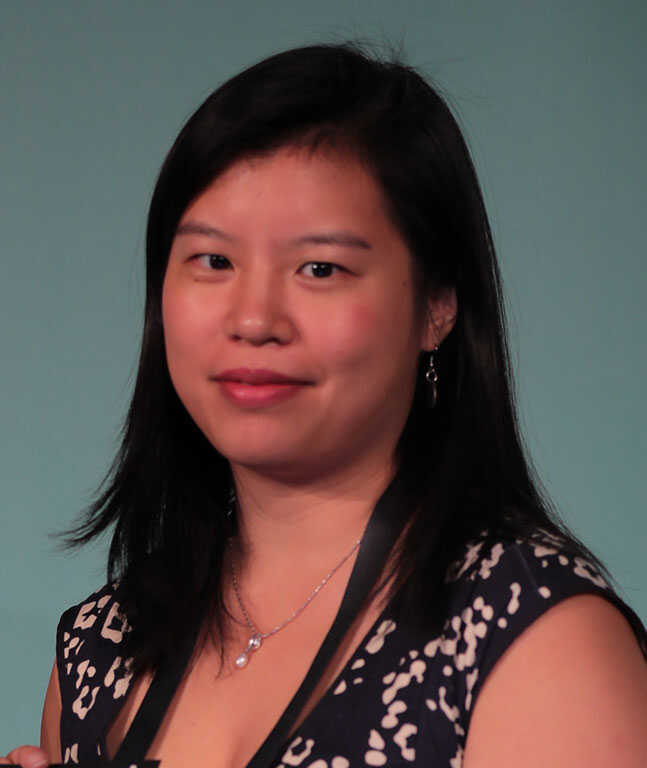
Emily H. Ho
Emily H. Ho is a PhD student at Fordham University in the Psychometrics and Quantitative Psychology program. Her research looks at decision-making under uncertainty and forecasting, particularly in policy contexts. Prior work has included examining how people communicate about uncertain outcomes in climate change and intelligence analysis and the psychological factors that might demotivate concern about climate change. Her recent interests include natural language processing and sentiment analysis, as it relates to uncertainty communication, and she is currently working on investigating ways of optimizing forecasting accuracy and looking at individual differences that produce good forecasters. Previously, at The College Board, Emily worked on assessing reliability and validity of large-scale educational assessments. Her research has been funded by the National Science Foundation and The College Board, among others. Emily has a Bachelors in Psychology at New York University and a Masters in Psychology at Fordham University.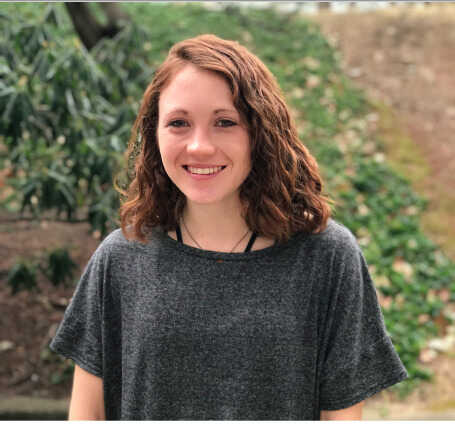
Erin Tichenor
Erin Tichenor graduated with her B.A. in Sociology from Boston University in May 2019. Her coursework focused on on racial and economic inequality, punishment and social control, and health disparities. Based on field work and interviews she conducted while studying abroad in New Zealand, her senior thesis was about the decriminalization of sex work in New Zealand and its exclusion of migrant sex workers. She is a research assistant at BU Sociology and in the Business School, working on Jessica Simes’ projects on solitary confinement, the geography of mass imprisonment, and with Sanaz Mobasseri on developing a study on workplace misconduct and labor market consequences.Participants
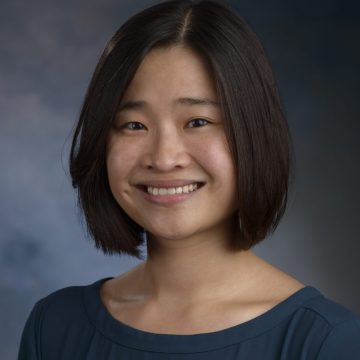
Frances Chen
Dr. Frances Chen is an Assistant Professor in the Department of Criminal Justice and Criminology at Georgia State University. Her research is focused on biosocial bases of antisocial behavior and related constructs, and includes topics at the intersection of criminology and psychology. Her quantitative works examine how life events and turning points in life (e.g., marriage) shape antisocial behavior, and how environment interacts with individuals’ biological characteristics (e.g., stress system, fear conditioning) to exacerbate or limit antisocial behavior throughout the life-course. She employs both psychophysiological recording and salivary bioscience research methods in furtherance of this work. Her current research on psychobiological and social characteristics of active, noninstitutionalized hardcore street offenders is an endeavor to advance our knowledge of the persistence in offending.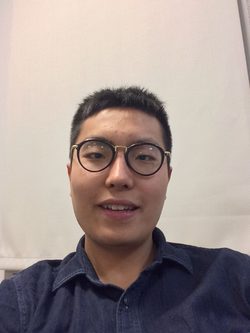
Yuhao Du
Yuhao Du is a PhD student in Computer Science Department at University at Buffalo. His research interests include computational social science, natural language processing, computer vision and machine learning. Currently, he is working on: (1) measuring to what extent fake news is spread via online image memes, (2) incorporating Affect Control Theory to build a sentiment aware deep reinforcement learning chatbots.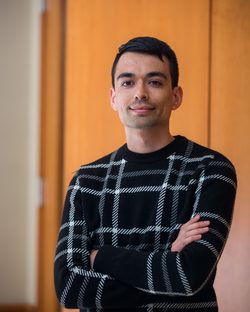
César Garro-Marín
César is a Ph.D. student in Economics at Boston University. His research interests include migration and gender inequality. His current research explores how the industrial structure of local economies adjusts to international migration inflows. He previously held a position as lecturer at the Universidad de Costa Rica. César received his master’s degree in Economics and Finance from Centro de Estudios Monetarios y Financieros (CEMFI) and his bachelor’s degree in Economics from Universidad de Costa Rica.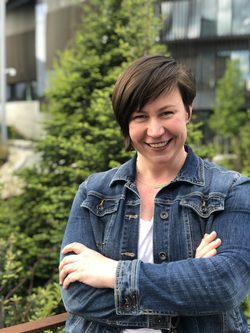
Rebekah Getman
Rebekah Getman is a Ph.D. student in Sociology at Northeastern University. After working in global public health for several years prior to graduate school, her research focus shifted to the United States. She focuses on feminist healthcare models, reproductive health, and health social movements, and is working on projects investigating vaccine-hesitant parent communities, abortion politics and polarized media networks, and the ways urban and health infrastructures overlap. She is interested how researchers can use qualitative and quantitative methods in complementary ways to identify and solve problems. Previously, Rebekah earned an M.Ed. from the Harvard Graduate School of Education and an B.A. from Harvard College in History and Government.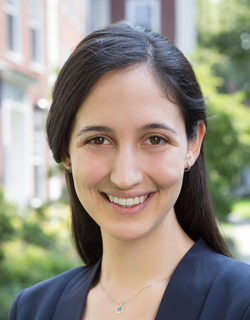
Ariella Kristal
Ariella is a doctoral student in Organizational Behavior at Harvard Business School where she studies behavioral design. Specifically, she is interested in how environments can be structured to reduce bias in the workplace, in educational settings, in the online context, and in many others. She is also interested in using big data methods, such as computational text analysis to understand ways of improving feedback-giving. Previously, Ariella worked for the Behavioural Insights Team in London, where she applied findings from behavioral science to public policy. She has focused on delivering policy advice and designing and implementing field experiments related to sustainable transportation, criminal justice, and organizational behavior. Ariella graduated from Yale University with a BA in Ethics, Politics, and Economics.
Muyang Li
Muyang Li is a Ph.D. candidate in Sociology at University at Albany, SUNY. She holds a BA in Communication from the Communication University of China and an MSc in New Media from the Chinese University of Hong Kong. Her research is organized around a key question: how does media interact with democracy and social justice. Her research is interdisciplinary in scope, which relies on methodological and theoretical frameworks across disciplines and fields, including sociology, communication, cultural studies, political science, and computer/information technology. Given these interests and her interdisciplinary background, Muyang’s dissertation applies mixed-method in exploring the negotiation between the authoritarian state and the individual in defining democracy through the social media, and try to reveal how the authoritarian regimes survived the ideological crisis in the social media era through the combination of repressive and hegemonic media control strategies.
Amanda Lu
Amanda Lu is a PhD Student in Education Policy at the Stanford Graduate School of Education. Her research focuses on how school choice policies and markets shape the educational experiences of students in traditionally underserved communities and is informed by economics, sociology, and political science. It seeks to understand how school choice changes political participation and facilitates the rise of new power structures and organizations in urban school systems. Before graduate school, Amanda was a high school teacher in New Orleans, LA where she taught high school math and served as the college counselor at Edna Karr High School. She earned a joint masters in Policy, Organization, and Leadership Studies from the Stanford GSE and MPP from the Stanford Public Policy Program in 2017, and a bachelor’s degree in Government from Harvard College in 2011.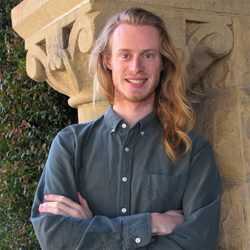
Tyler McDaniel
Tyler McDaniel is a PhD student in the Sociology department at Stanford University. His current research focuses on how racial segregation affects the daily lives of individuals. He draws from a variety of data models and algorithms in order to investigate social systems. Broadly, he is interested in schooling, meritocracy, and inequality. Tyler holds Bachelor’s degrees in Sociology and Mathematics from the University of Utah.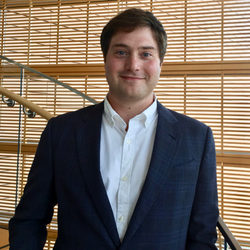
Harry Oppenheimer
Harry Oppenheimer is a Ph.D. candidate in the Department of Government at Harvard University with a focus on international relations and technology. His dissertation examines the role of interest groups in ICT security and governance, and utilizes text-as-data, document forensics, and survey experiments to understand how actors constrain one another through laws, standards, and policy diffusion. His other interests are in the political and psychological impact of cyber attacks, and elite social media engagement strategies during security crises. Prior to beginning his doctorate, he was a research associate for national security at the Council on Foreign Relations. Harry received his B.A. in International Relations from New York University and his A.M. in Government from Harvard University.
Shomon Shamsuddin
Shomon Shamsuddin is Assistant Professor of Social Policy and Community Development at Tufts. He studies how institutions define social problems and develop policies to address urban poverty and inequality. His research examines the effects of local and federal housing policy on socioeconomic mobility for low-income families. In addition, he studies programs to overcome barriers to educational attainment for underserved groups. At UEP, he teaches courses on housing policy and statistics. Prior to joining Tufts, Shomon was a National Poverty Fellow at the University of Wisconsin-Madison and the U.S. Department of Health and Human Services. He holds a Ph.D. in Urban Policy and Planning from MIT, M.Arch. from Yale University, and Sc.B. in Neuroscience from Brown University.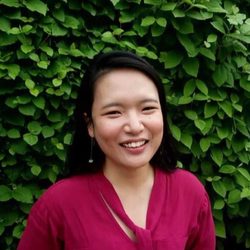
SuYeong Shin
SuYeong Shin is a doctoral candidate in Educational Policy as well as a master’s student in Informatics at The University of Iowa. Her scholarly lens blend frameworks from multiple disciplines such as higher education, sociology, and data science. Her research agenda aims to uncover the changing landscape of inequality amid educational expansion. She is interested in analyzing unstructured data to understand the complex interplay among students, educators, and local communities. Her current research examines access and equity in education, with a focus on college admissions.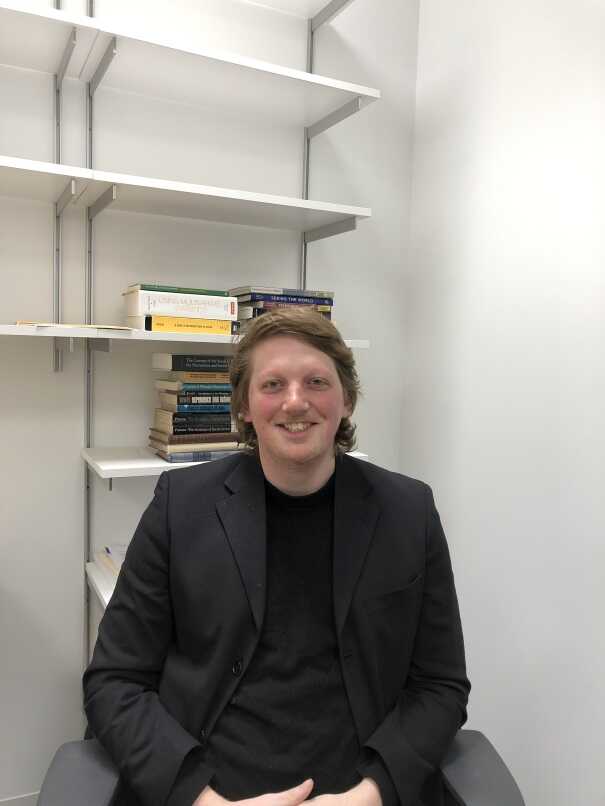
Jeffrey Sternberg
Jeff Sternberg is a PhD candidate in Sociology at Northeastern University. He is primarily interested in charting the shifting geographies of employment opened up by post-industrialization. His research focuses on how young people make decisions regarding their future and where to invest their mobility. Jeff’s dissertation research investigates these processes by looking at mobile populations including backpackers, temporary-workers, and digital nomads in the context of urban co-living spaces. He utilizes a mixed-methods approach, using text analysis and social network analysis techniques from the computational social sciences coupled with multi-sited ethnographic fieldwork in Los Angeles, CA and Dharamsala, India. His work as a research assistant investigates the potential application of computer vision to social science inquiries, specifically looking at the intersection between representations of place/neighborhood and their effects on greater urban social and economic processes.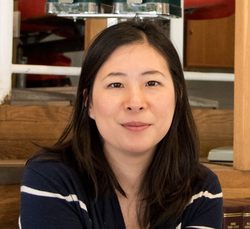
Melodie Yunju Song
Melodie Yunju Song is a postdoctoral research fellow at the Social Media Lab, Ryerson University. She received her PhD in Health Policy from McMaster University, Canada, where she was a graduate fellow at the Sherman Centre for Digital Scholarship. Her dissertation looked into the phenomenon of vaccine hesitancy on Twitter and how decision-makers are making sense of social media to inform immunization policymaking. Her academic interests intersect public health communication (esp. vaccine-preventable diseases, substance abuse and misuse, mental health), evidence-informed policy making, and the role of emerging technologies (such as social media) to inform the former two. Melodie received a graduate certificate in Global Health from the University of Washington, an MSc in public health policy and management, and a BSN from the National Taiwan University, Taiwan.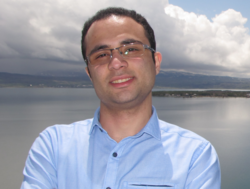
Amir Tohidi
Amir Tohidi is a graduate research assistant pursuing a PhD degree in Social and Engineering Systems at MIT Institue for Data, Systems and Society (IDSS). His research interests lies at the intersection of Network Science, Causal Inference, and Behavioral Economics. He has been studying how ad hoc theoretical models of opinion dynamics in social networks can be derived from bounded rationality and behavioral biases. Most recently, he has been investigating the causal effect of online native ads on user’s perception of News publishers credibility in long run. Amir received his Bachelor’s degree in Electrical Engineering and Physics from Sharif University of Technology.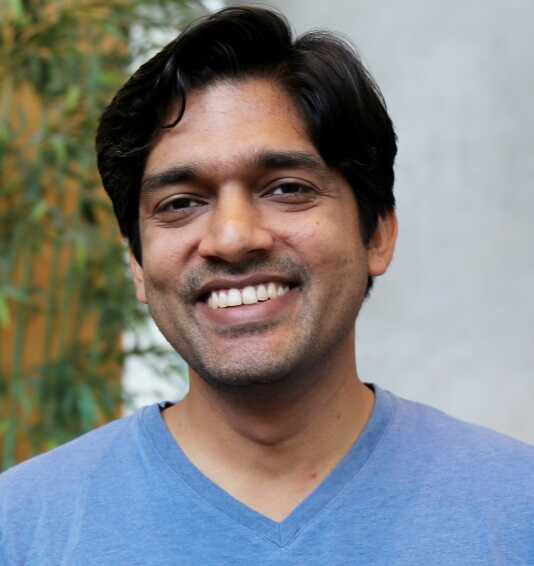
Kartik Trivedi
Kartik Trivedi is a Ph.D. student at the Heller School of Social Policy and Management at Brandeis University. His research focus is on low wage labor policy, and disability policy. He is currently involved in research projects concerning housing policies for persons living with disabilities and with a study of federal minimum wage policy. Before joining the Ph.D he was a research at University of Massachusetts Boston, where he worked on federal grants with focus on increasing workforce inclusion of people with disabilities. Kartik is trained in advanced statistical methods and is equally comfortable with qualitative research methods. You can talk to him in Hindi, English, R and STATA. Because of his interests in disability inclusion he is always on a lookout for inclusive data dissemination strategies.
Eitan Tzelgov
Eitan Tzelgov is a Lecturer in Politics at the School of Politics, Languages, Philosophy and Communication Studies, University of East Anglia. He is interested in political representation and legitimacy, and in the impact of issues of such ideology and migration on democratic institutions and the structure of political coalitions. Methodologically, his work combines applications of text analysis with causal and experimental methods. He has previously worked as a research fellow at the Varieties of Democracy Institute, where he was part of a team developing Bayesian models measuring various aspects of democracy over time.